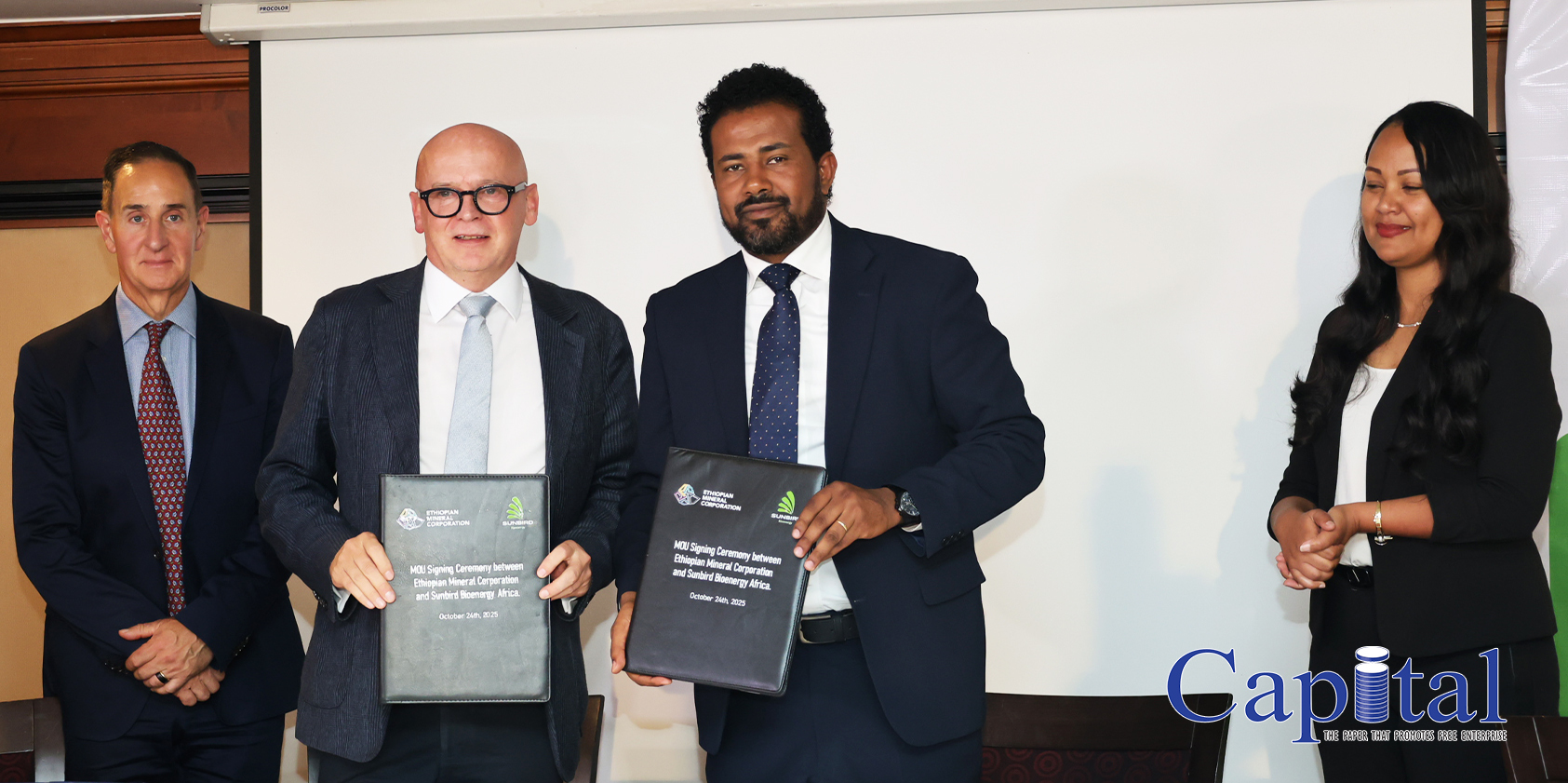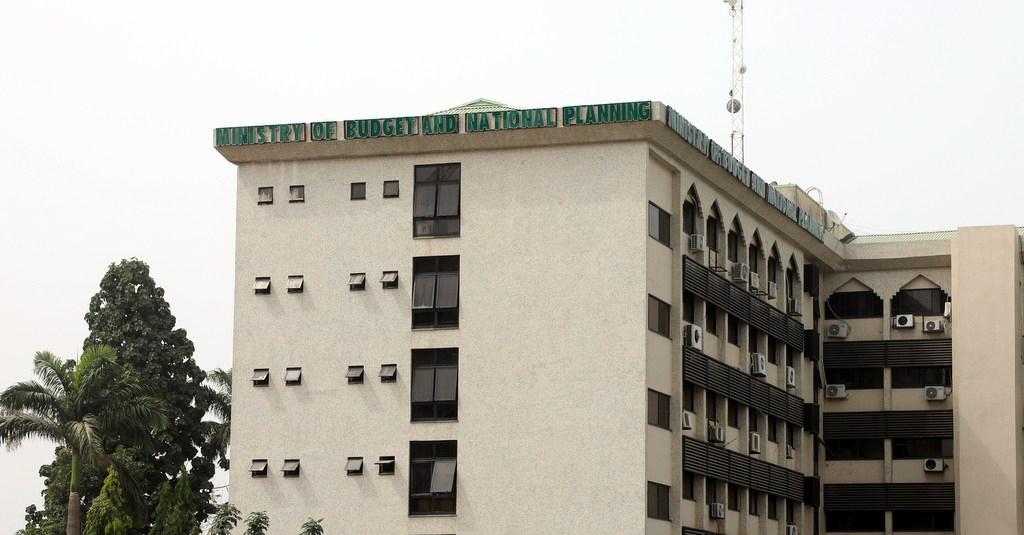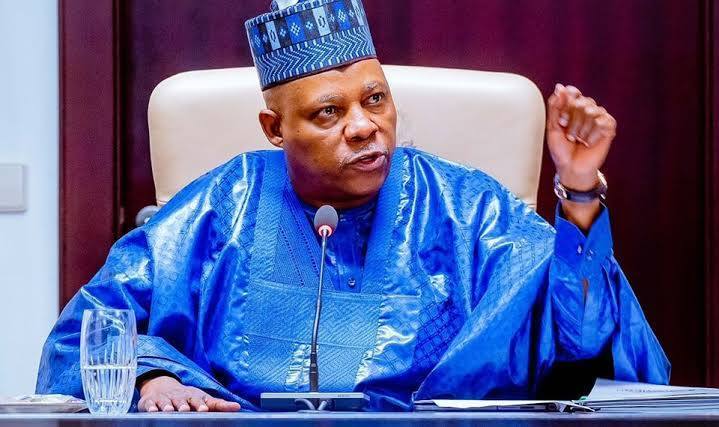Special Adviser on Climate, Lagos State, Titilayo Oshodi, in her keynote address at the Lagos Cold Chain Roundtable, spotlighted climate resilience, circular economy, and inclusive financing as key pillars for transforming Nigeria’s food and healthcare logistics, aligning with new national climate policy goals.
Leaders, policymakers, and industry experts assembled in Lagos for the Cold Chain Roundtable on Climate-Resilient Infrastructure, a landmark event hosted by the Royal Danish Consulate General with LC4S, OTAWCWA, and APM Terminals. The gathering highlighted Nigeria’s proactive embrace of new climate and ESG policies to modernise its food and healthcare supply chains.
Delivering the keynote, Titilayo Oshodi, Senior Adviser on Climate, Lagos State, underscored the urgency of bespoke climate adaptation. “Climate resilience is something we must introspectively look into and adapt to our realities,” she said.

A Systems Challenge: Logistics, Storage, and Climate
Nigeria faces mounting threats from climate change, erratic rainfall, and rising temperatures, which disrupt farming cycles, endanger safe vaccine storage, and create enormous food waste from poor preservation and weak logistics.
In Nigeria, up to 40% of food produced never reaches the table, largely due to post-harvest losses and weak preservation systems.
These gaps threaten food security, public health, and environmental stability.
“Cold chain systems are not simply a technical fix. They are a lifeline for food security, public health, and climate resilience,” she underscored. The roundtable looked to tackle these issues head-on, reviewing case studies—such as a newly commissioned cold storage facility in Epe, that extended perishables’ shelf life and enabled farmers new bargaining power to avoid forced sales, thus improving local livelihoods.
Circular Economy and Carbon Strategy Take Centre Stage
Beyond basic infrastructure, Nigeria is experimenting with circular economy models to repurpose old generators and compressors for cold storage, targeting significant emissions reductions. Such innovations are delivering tangible climate benefits: “They have the benefit of eliminating over two metric tons of emissions over a period of five years.” These efforts also intersect with critical SDG indicators, spanning gender equality, zero hunger, and sustainable cities.
Oshodi emphasised the place of finance innovation:
“A credit finance scheme was attached to that model to help and enable the farmers to have easy access to a saving portfolio. They could also subscribe to that cold room so that they didn’t have to go deep into their pockets to have their food preserved.”
The approach knits together blended finance, technology platforms, and cooperatives making supply chains more investable and resilient.
Technology, Inclusivity, and Community-Driven Solutions
Technology plays a vital role, with dashboards tracking farmer activity, output, and logistic flows. These platforms, supported by cooperative financing, allow new business cases and de-risk entrepreneurship. “We need to be able to start measuring the level of social impact because that is where sustainability sits. That is where we drive the ESG contributions.”
Logistics remain a hurdle, especially for communities where distance to market strains perishable supply chains. Solutions highlighted included value chain adaptation, technology-enabled scheduling, and efficient carbon management of transport routes.
Community engagement projects, such as “Let Neighbours Breathe” and “Leave No One Behind,” reported concrete success in waste valorisation, biogas conversion, and inclusive skill development for women and youth. Collaboration and incentivization were encouraged: “Every solution must have an incentivization plan to establish sustainability.”
Implications and Next Steps
The roundtable solidified Lagos’s role in charting a climate-smart cold chain and circular economy strategy, showing leadership, cross-sector partnerships, and data-driven piloting that can address both environmental and socioeconomic challenges. These are Real-world impact, not abstract policymaking, which defines progress.
As Nigeria’s new climate and ESG policies gain momentum, she called for deeper Denmark-Nigeria collaboration in areas of transferring technology, empowering local actors, and structuring finance for scale, not just pilots. Cold chain infrastructure must become a backbone for climate adaptation, food security, and public health, not a bottleneck.











